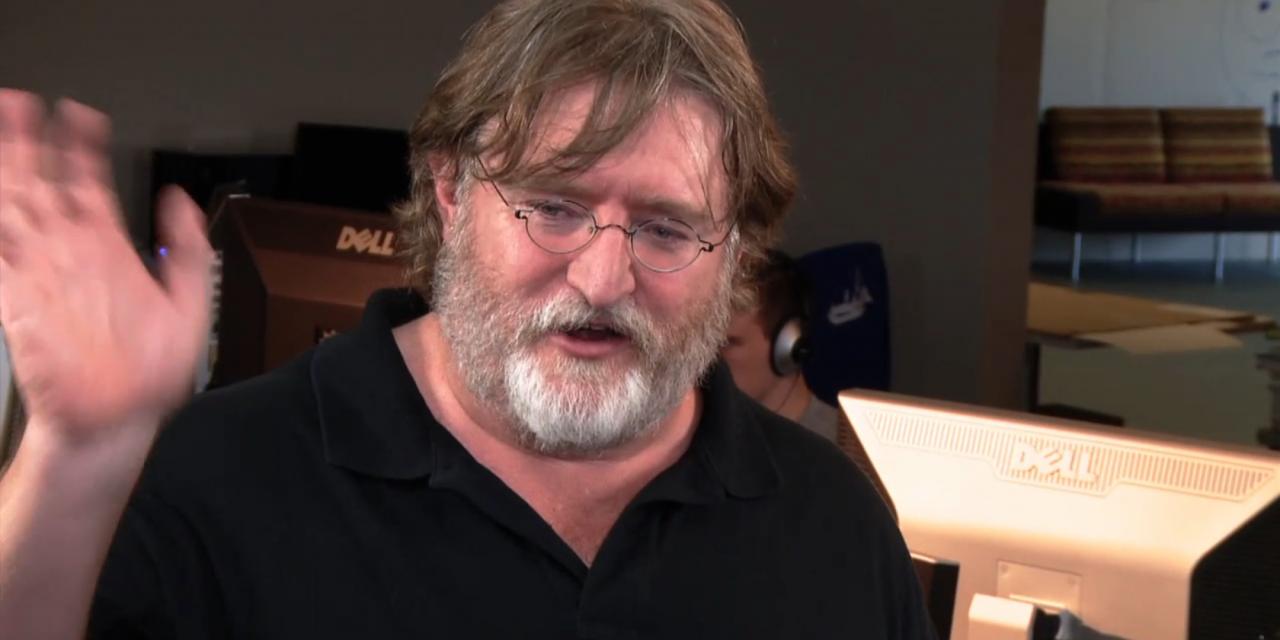
In a candid talk at the University of Texas, Valve cofounder and CEO Gabe Newel admitted that Steam is "dictatorship" right now and that this must change so that it would realize its full potential.
Newel used the term "dictatorship" to describe both the company’s games approval process as well as its community-based Greenlight approval system for smaller titles.
"Right now we have inside of Steam we have a dictatorship," he put it bluntly. "It's probably bad for the Steam community, in the long run, not to move to a different way of thinking about that. In other words, we should stop being a dictator and move towards much more participatory, peer-based methods of sanctioning player behavior."
"Greenlight is a bad example of an election process. We came to the conclusion pretty quickly that we could just do away with Greenlight completely, because it was a bottleneck rather than a way for people to communicate choice."
And the problem with Steam’s current approval process is that it limits the rate of new game releases to the rate at which Valve’s limited staff is able to review them. "One of the worst characteristics of the current Steam system is that we've become a bottleneck," Newel admitted. "There's so much content coming at us that we just don't have enough time to turn the crank on the production process of getting something up on Steam. So whether we want to or not, we're creating artificial shelf space scarcity."
But the solution Gabe Newel has for that problem is a little unintuitive: Do away with the whole approval thingy.
"So the right way to do that is to make Steam essentially a network API that anyone can call. Now, this is separate from issues about viruses and malware. But essentially, it's like, anyone can use Steam as a sort of a distribution and replication mechanism."
"It's the consumers who will draw it through. It's not us making a decision about what should or shouldn't be available. It's just, you want to use this distribution facility? It's there. And customers decide which things actually end up being pulled through. So Steam should stop being a curated process and start becoming a networking API."
Valve’s plans for the future of Steam sure are promising, but it remains to be seen how they plan to fulfill them without turning it to the world’s largest virus and malware distribution network.








